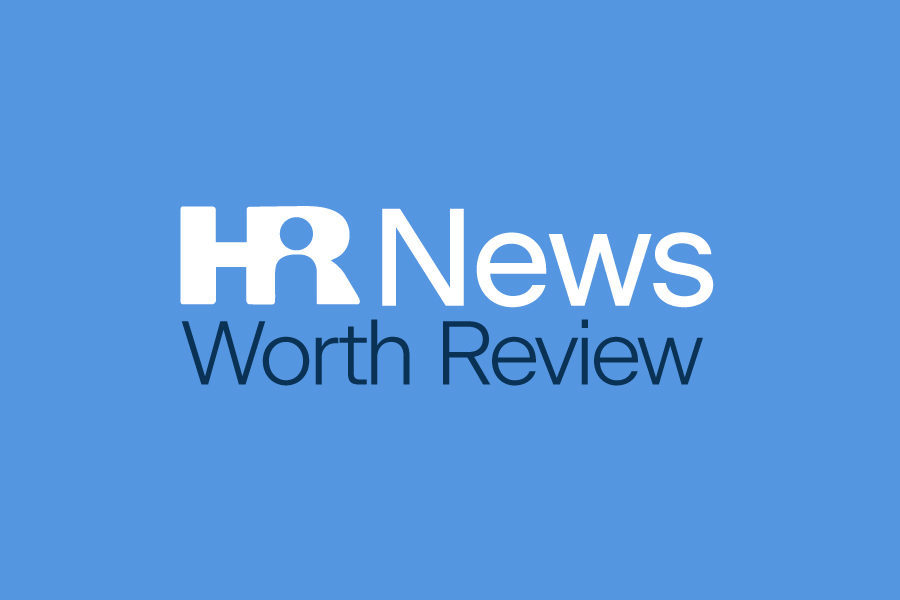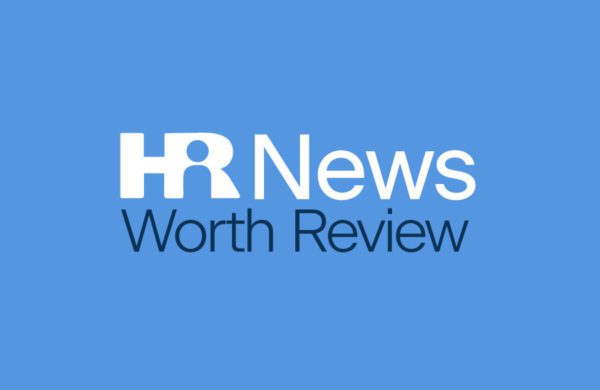PCORI Fees due by August 2
PCORI fees are normally due by July 31, but with that date falling on a Saturday this year, the fees will not be due until August 2. Employers with self-funded health plans and those with health savings accounts (HRAs) are generally responsible for filing and paying the fee. Employers with fully-insured health plans are generally not responsible for the filing or paying unless they also sponsor an HRA.
Remember, the cutoff for figuring the amount you may owe is based on the month and year in which your plan ends, not when it begins. For example, a plan or policy that renewed on Jan. 1, 2020 technically ended on Dec. 31, 2020 and would owe $2.66 per member.
| Policy or Plan Ending Date in Month of: | File Return No Later Than: | Applicable Rate: |
| January 2020 | Aug. 2, 2021 | $2.54 |
| February 2020 | Aug. 2, 2021 | $2.54 |
| March 2020 | Aug. 2, 2021 | $2.54 |
| April 2020 | Aug. 2, 2021 | $2.54 |
| May 2020 | Aug. 2, 2021 | $2.54 |
| June 2020 | Aug. 2, 2021 | $2.54 |
| July 2020 | Aug. 2, 2021 | $2.54 |
| August 2020 | Aug. 2, 2021 | $2.54 |
| September 2020 | Aug. 2, 2021 | $2.54 |
| October 2020 | Aug. 2, 2021 | $2.66 |
| November 2020 | Aug. 2, 2021 | $2.66 |
| December 2020 | Aug. 2, 2021 | $2.66 |
Employer Takeaway
Review the IRS PCORI Fee Rate Chart to help you determine what you may owe. More about what types of plans are required to file, who is responsible for the filing/payment and when the filings must be submitted is available from the IRS or in the guide here. Contact your Higginbotham representative if you need assistance or have questions.
IRS Posts FAQs on ARP Tax Credits for Paid Sick and Family Leave
On June 11, 2021, the IRS released new FAQs about tax credits for eligible employers that voluntarily provide paid employee leave under the Families First Coronavirus Response Act (FFCRA). The FFCRA paid sick and family leave requirements themselves expired Dec. 31, 2020, but subsequent legislation—most recently the American Rescue Plan Act (ARP)—extended and enhanced the tax credits available for employers that choose to provide FFCRA leave through Sept. 30, 2021.
There are 123 new FAQs, divided into 16 subtopics. They include information on how employers may claim the tax credits, such as how to file for and compute the applicable credit amounts and how to receive advance payments for and refunds of the credits.
Employer Takeaway
The tax credits apply to employers with fewer than 500 employees and are refundable and advanceable, and wages are subject to daily and total limits. Employers were not required to offer paid sick and family leave after Dec. 31, 2020, but can still receive tax credits for voluntarily doing so.
EEOC Issues Resources on Sexual Orientation and Gender Identity
On June 15, 2021, the Equal Employment Opportunity Commission (EEOC) issued guidance for employers regarding sexual orientation or gender identity (SOGI) discrimination under federal law.
The new guidance addresses and expands upon the decision in Bostock v. Clayton County, which the U.S. Supreme Court issued exactly one year prior. In that decision, the court held that firing or otherwise discriminating against individuals because of their homosexuality or transgender status violates the prohibition against discrimination based on sex under Title VII of the federal Civil Rights Act, which applies to all employers with 15 or more employees.
The EEOC’s new resources include a webpage, a technical assistance documentand a fact sheet on SOGI discrimination. The new webpage also includes links to the existing EEOC publications on related topics, such as facility/bathroom access and guidance for federal employees.
The new EEOC resources clarify, among other things, that employers may not:
- Segregate or otherwise discriminate against employees based on actual or perceived customer or client preferences (such as by keeping LGBTQ+ employees out of public-facing positions or directing them to certain stores or geographic locations);
- Prohibit a transgender person from dressing or presenting consistent with that person’s gender identity;
- Deny an employee equal access to a bathroom, locker room or shower that corresponds to the employee’s gender identity; or
- Create or allow a hostile workplace, such as by intentionally and repeatedly using the wrong name or pronoun to refer to a transgender employee.
Employer Takeaway
Employers that sponsor HDHPs should review their plan’s cost-sharing limits (minimum deductibles and maximum out-of-pocket expense limit) when preparing for the plan year beginning in 2022. Also, employers that allow employees to make pre-tax HSA contributions should update their plan communications for the increased contribution limits.
Subscribe to Higginbotham emails for HR News Worth Review sent to your inbox monthly.


